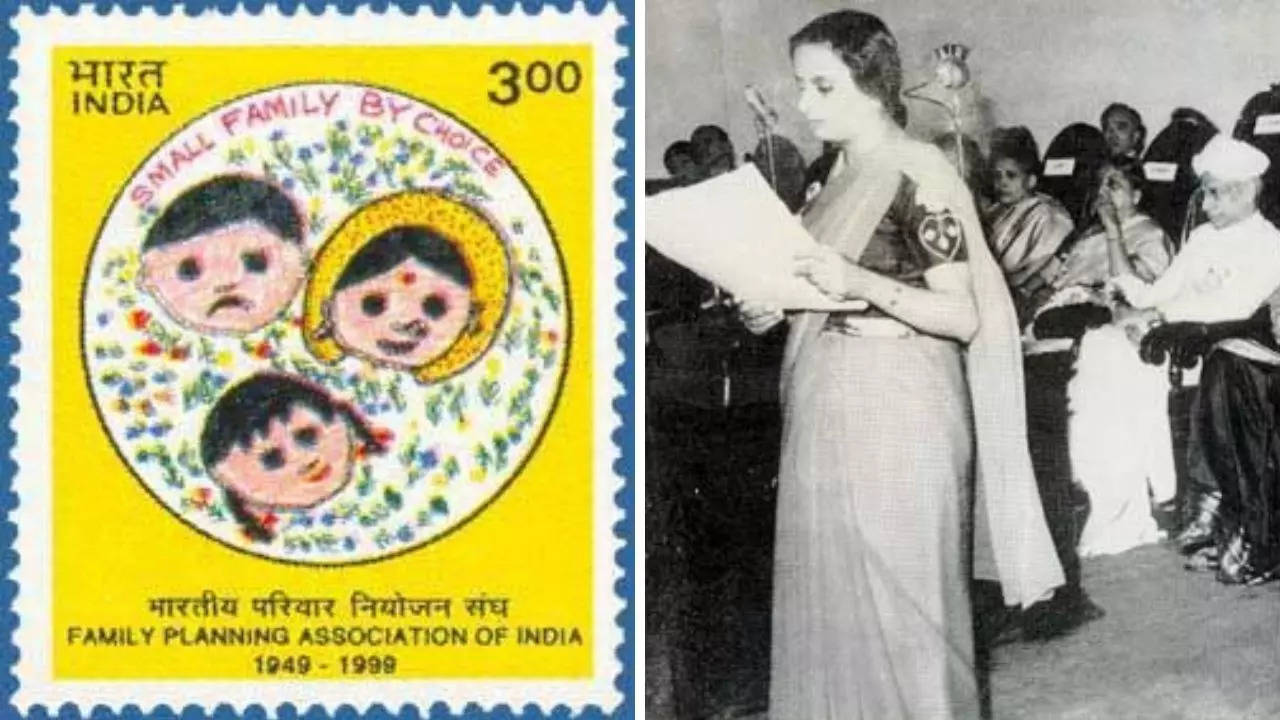
"The first time I heard the words 'birth control', I was revolted," wrote Avabai Bomanji Wadia (1913–2005) in her autobiography, The Light is Ours. However, when she heard a doctor in Bombay (present-day Mumbai) say that “Indian women oscillated between gestation and lactation until death wound up the sorry tale,” she was moved and want to bring a change into their lives.
She decided to take up the cause of improving the lives of Indian women and became an icon who led the sexual and reproductive health and family planning movement.
Avabai was born into a Parsee family in Ceylon (now Sri Lanka). At the age of 19, she became the first woman in Ceylon to pass the bar exam in England after enrolling at the Inns of Court in 1932. In those days, it wasn't easy for a woman to gain acceptance into a legal firm, and she faced many rejections.
During this period, Avabai was actively involved with groups that worked for women's rights. She was also a part of the British Commonwealth League and the International Alliance of Women, which gave her access to prominent personalities. She even met Indian freedom fighters such as Mahatma Gandhi, Muhammad Ali Jinnah, and Jawaharlal Nehru when they visited England.
She returned to Ceylon in 1939, where she enrolled at the Supreme Court. Her father decided to move back to India after his retirement, and they settled in Bombay (present-day Mumbai) in 1941.
She married Bomanji Khurshedji Wadia in 1946. Avabai began doing voluntary work for groups such as the Women’s Political Union and the All India Women’s Conference.
She became interested in reproductive health and rights after meeting family planning advocates during her voluntary work. She emerged as a leading figure in establishing the Family Planning Association of India (FPAI) in 1949 and served as its president for 34 years. The organisation promotes reproductive choices, legal and safe abortion, education about sexually transmitted diseases, and sexual and reproductive health.
"FPA India was instrumental in advocating for family planning to be introduced in the country's first Five-Year Plan (1952). Thus, India became the first country in the world to have a family planning programme," states FPA India.
Inspired by the success of South Korean mothers' clubs, which bolstered widespread acceptance of family planning in rural areas, she organised close-knit groups where women could discuss pressing social issues ranging from dowry to female under-representation in politics, write Parinaz Madan and Dinyar Patel for the BBC. Avabai wrote extensively on the subjects of sexual health and family planning.

